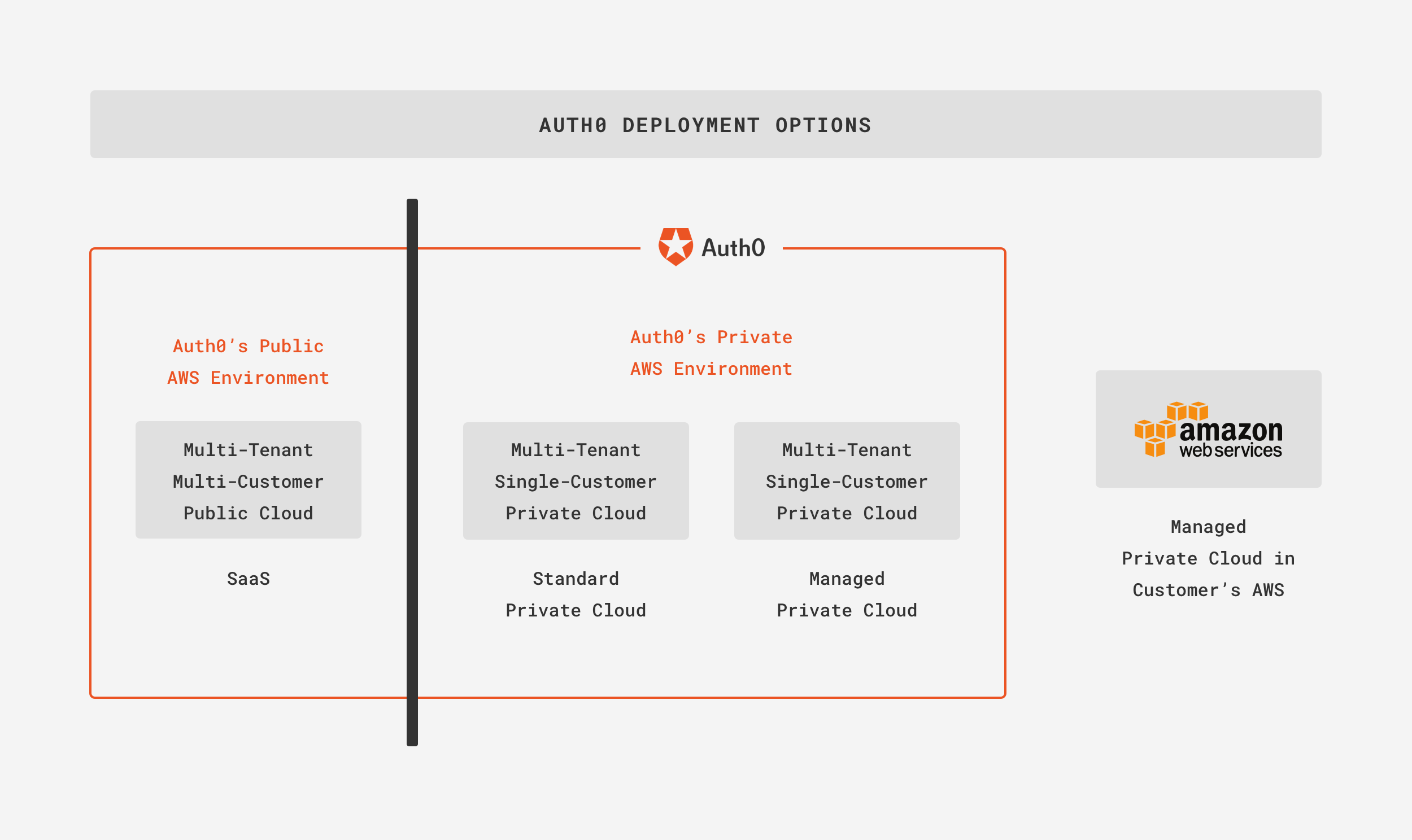Amazon famously brought book publishing “to its knees” by dominating distribution, creating eBooks, and transforming the publishing world with its own titles and opportunity for authors to self publish.
In 2018, Amazon entered the insurance market in India. And in 2019, the U.S.
After killing off car insurance comparison tools, Google’s invested in insurance agency software and signaled further interest in the market.
In other words, digital transformation is already here.
While industry complexities afford some protection, they offer greater opportunity for insiders, says TechCrunch.
A recent J.D. Power survey on customer satisfaction with home insurance noted that the home insurance business model was “primed for change” and that “weak points in customer experience offered an opportunity for startups.”
The other side of the desire for customer experiences that are real-time and online is the fact that FinServs are tasked with protecting hackers’ favorite data targets. And the global rise in data privacy regulation makes stronger protections important from customer, legal, and compliance perspectives.
While digital transformation can seem daunting for incumbents relying on decades of legacy code, the right identity solution can create seamless customer experiences while increasing your data protection — even if you’re an incumbent partnering with (or acquiring an) up and coming Insurtech startup.
Forbes expects XaaS (everything as a service), UX, CX (User/Customer Experience), and digital privacy to “take center stage” in as a digital transformation trend 2020. Like other industries, the need to streamline services, reduce capital expenditures, and be increasingly agile and innovative is fueling FinServ’s change. But FinServ’s need for security, stability, and high availability kept many systems in On-Prem solutions that have proven expensive to scale and maintain — putting the ability to keep up with evolving customer expectations at risk.
For FinServ’s looking to innovate (or even just keep pace), Public Cloud is often touted as an option, but it isn’t the best choice. Public Cloud outages and uptimes provide a strong reason to go private. Auth0 Private Cloud helps (or eliminate) that risk, by providing a secure, flexible, extensible solution.
Why Is Private Cloud Particularly Suited for Finserv Environments
For many years, incumbent FinServs have been buffered by deep compliance capabilities and an established customer base. But FinTech disruptors have eroded that edge says a recent PWC report, in part because successful disruptors are able to offer a stronger customer experience at a lower cost to customers and with less investment.
To solidify standing and increase the customer base in this environment, FinServ’s need to:
- Improve customer experience
- Keep ahead of evolving data privacy regulations
- Reduce costs without sacrificing cybersecurity
The data that FinServs hold makes them a prime target for hackers — and the sheer company scale usually means millions of breached accounts, rather than thousands. Globally, the increase in data privacy laws like GDPR and CCPA demonstrates that regulators have lowered tolerance for breaches and expect greater protections to be in place. When not implementing features like multi-factor authentication (MFA) can hit an insurer with a large fine, like what happened to Dutch public insurance company UWV, the need for greater security while still ensuring flexibility becomes more appealing.
“The data that FinServs hold makes them a prime target for hackers — how Private Cloud can help.”
Tweet This
From an identity perspective, let’s take a closer look at what Auth0 Private Cloud can mean for key digital transformation considerations.
Performance at Scale
The most innovative solution in the world does zero good if it doesn’t offer you the performance you need. Auth0 Private Cloud offers request-per-second (rps) baseline is higher than public cloud, with the option of adding on capacity up to 1500 rps.
Reliable High Availability
FinServ is more aware than most industries the dramatic impact of service interruptions, especially given the pressures of changing global conditions. High availability helps guard against those challenges, especially since Private Cloud can be deployed between two regions to provide failover.
Control & Segregation
Managed Private Cloud offers a fully-isolated development environment that is updated independently from the production environment. Standard Private Cloud is a single instance production environment. Both Standard Private Cloud and Managed Private Cloud meet standards that require all data to be housed within specific regions.
Free Developers to Improve Customer Experience
For a developer coming up with an innovative solution while working only On-Prem can feel like trying to code while wearing handcuffs — it’s hard to even get your hands on the keyboard.
To keep up with the pace of customer’s hunger for real-time innovations, streams of data from connected vehicles and smart homes, and the data privacy compliance requirements from laws like GDPR and CCPA, developers need not only the flexibility but also the scale of a cloud deployment. And they need that deployment to be secure and reliable enough to handle the demands of enterprises whose customers are often interacting during moments of high stress or need.
Unify Legacy and New Data Stores
Unifying legacy and new data stores can be a giant headache, as well as a source of weeks of downtime without a plug-n-play identity solution that allows bulk imports, but can also streamline user migration without expensive forced password resets – whether unifying stores at a single organization or when an incumbent partners or acquires an insurance startup.
Support for Different Languages/Architectures (SDK)
Aside from unifying data stores, incumbent companies often rely on a maze of programming languages and architectures. Shutting down one part of the maze can have unexpected consequences if all the interrelationships aren’t fully mapped out or even understood due to poorly commented code or loss of institutional knowledge due to attrition or staffing turnover.
Your devs will be a lot happier (and more productive) when working with an identity solution that can handle multiple programming languages and architectures and already has SDKs (software development kits) that can be dropped into place to provide rapid access to functionality. And the right solution gives you the flexibility to map the maze at your own pace, reducing costs by removing unnecessary middleware, maintenance, and security as you deem appropriate.
Extensibility
The real world is a messy place where you might have an out-of-the-box tool that needs to be integrated with custom code. The ability to inject code into the Auth0 Identity solution means that developers can handle the last-mile customizations that execute on the C-suite’s business strategy without weeks of downtime or missed opportunities. To delve into this topic in greater technical detail, you might also check out Auth0 Principal Architect Vittorio Bertocci’s whitepaper “The Tao of Extensibility.”
Support and Failover
Uptimes, updates, failovers, and support can have a big impact on the success of your deployment.
With Public Cloud coming in with an uptime SLA of 99.90%, Private Cloud offers a stronger uptime SLA of 99.95% with the option to upgrade to maxim uptime guarantees of 99.99%. Geo redundancy can provide resiliency against catastrophic events. As mentioned above, Private Cloud offers failover between two geographic regions.
For teams that would appreciate additional support, Auth0 offers a support SLA as an add-on, as well as the add-on option to work with the skilled identity experts on our Professional Services team.
Managed Private Cloud vs. Standard Private Cloud
Let’s take a look at the different deployment Private Cloud models and benefits, including a checklist to help you assess deployment needs.
Standard Private Cloud is a low touch engagement model that offers additional power, security and compliance* benefits through an isolated tenant just for a single customer. Uptime SLA is 99.95% with an upgrade possible to 99.99%. PCI compliance is available as an add-on.
Managed Private Cloud is a high-touch engagement model where customers are much more involved with all aspects of this deployment model. Our team will work closely with the customer to ensure all aspects of their Auth0 environment are tuned for what best suits their business needs. Uptime is 99.99%. PCI compliance is available as an add-on.
Reasons to choose Managed Private Cloud *Choice of update frequency
Coordinated with Auth0 (required once per 3 months). The update cycle begins with the Pre-Production Environment.
*A separate DEV (Pre-Production) environment
Fully-isolated and independently updated instance for development and testing (Single Node)
*On-demand scaling
WIll scale customer environment for any spikes *Load Testing
4x Load Testing per year with dedicated Auth0 MSE Support * Customer-hosted AWS deployment
More control over the environment *GEO-HA deployment option
Datacenter redundancy and automatic failure handling.
Reasons to choose Standard Private Cloud
Doesn’t require any of the Managed Private Cloud reasons*
*More cost-effective
*Less involved with managing the deployment
The customer is looking for an offering that feels similar to a standard Public Cloud SaaS but has isolation and the other advantages of our Private SaaS Deployments. |
“Legacy code can make #digitaltransformation feel like a high hurdle for FinServs. Find out how Private Cloud can help securely smooth the jum”
Tweet This
Reduce Risk, Increase Innovation With Private Cloud
Like identity, digital transformation is not a one-and-done solution, but an ongoing need to keep pace with the evolution of technological change. Auth0 Private Cloud provides the flexibility, agility offered by cloud deployments but allows FinServ’s to maintain the control and security they need to protect their customers and their businesses. Your IAM solution is a critical component of your security strategy, but even if you’re dealing with decades of legacy code, you don’t need to sit down and build it in-house. The more secure option is to let identity experts protect those critical credentials, freeing your team (and resources) to focus on what you do best. Identity no longer needs to be a roadblock or an afterthought. Identity Access Management (IAM) is an essential component of customer security and privacy. If you’d like to learn more about how Auth0 Private Cloud might work for your particular situation, please reach out to an Auth0 resource.
About the author

Jenny O'Brien
Business Content Manager

